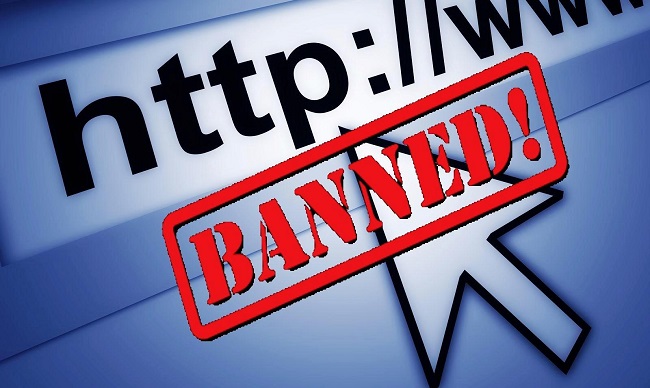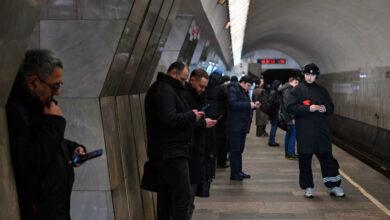
Two representatives from the United Nations Human Rights council issued a joint statement on Thursday expressing their “grave concern” over Egypt’s decision to block access of hundreds of websites, the first public comment issued on the blockage from an international organization.
The website block has been ongoing since May. Egypt banned 261 VPN and proxy websites on August 29 raising the total number of blocked sites to 405, according to the latest report by the Association for Freedom of Thought and Expression (AFTE).
“Denying access to websites of all sorts, but especially news sites, deprives all Egyptians of basic information in the public interest,” the United Nations special rapporteur on freedom of expression, David Kaye, and the special rapporteur on human rights and counterterrorism, Fionnuala Ní Aloáin, said in the statement.
“The situation for journalism and the freedom of expression and access to information in Egypt has been in crisis for several years,” the experts noted. “It takes many forms, including the unlawful detention and harassment of journalists and activists.”
The block, enacted “without any transparency or identification of the asserted ‘lies’ or ‘terrorism,’ looks more like repression than counter-terrorism,” the statement added.
On Wednesday, the Egyptian Organization for Human Rights (EOHR) called on Egypt’s government to review its decision to block certain websites. The group believes the ban should be made only after proving the activity of the blocked sites indeed points to terroristic activity, and the judiciary should be the body that issues such a verdict, as it is responsible for protecting the basic rights and freedoms of the citizens.
Mada Masr and Daily News Egypt were part of the first batch of websites banned. The Arabic Network for Human Rights Information (ANHRI) and Reporters Without Borders (RWB) websites have also been blocked.
According to the joint UN statement, the block was implemented without any evidence that it “meets the tests of international human rights law.” The rapporteurs added that it is subject to “extremely limited” judicial control, and appears to be based on “overboard counter-terrorism legislation.”
Egypt, however, claimed that the move was legitimate, based on emergency and counterterrorism laws. The government said that other countries were blocking sites for various reasons, including China, Syria, Iran, Ethiopia, Uzbekistan, Cuba, Vietnam, Saudi Arabia, Bahrain and Pakistan.
No official charges have been leveled against the blocked websites as of yet, but state news agency MENA quoted an unidentified “security source” who said access to the websites was barred for “publishing content that supports terrorism and extremism and knowingly spreading lies.”
The blockade measure is considered unconstitutional as it violates Article 57 stipulating the freedom of media and public’s right to know and to access information.




